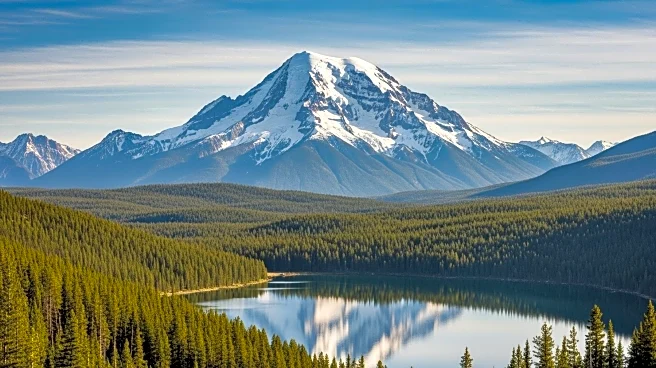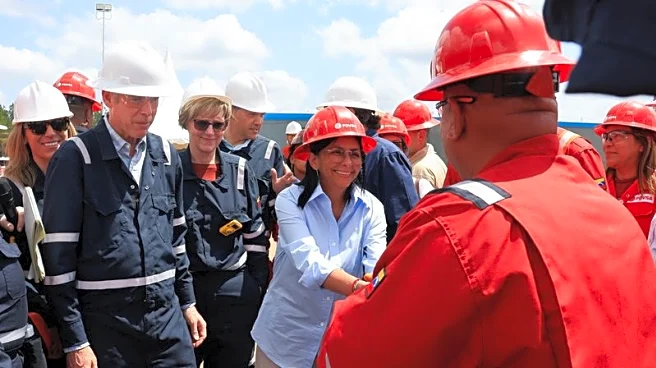Montana, often referred to as "Big Sky Country," is a state with a rich legacy rooted in its vast landscapes and diverse economy. Known for its agricultural prowess, Montana has long been a cornerstone of cereal grain farming and ranching. The state's economy is also bolstered by significant natural resources, including oil, gas, coal, and lumber. Tourism has emerged as the fastest-growing sector, drawing visitors to its national parks and monuments. Montana's legacy is further enriched by its cultural heritage, with unofficial nicknames like "The Treasure State" and "The Last Best Place" reflecting its unique identity.
Scope of Legacy
Montana's legacy is defined by its expansive geography and economic diversity. As the fourth-largest state by area, it offers a wide range of natural resources that have historically supported its economy. Agriculture remains a vital part of Montana's identity, with ranching and farming serving as key economic drivers. The state's natural beauty, including Glacier National Park and parts of Yellowstone National Park, attracts tourists from around the world, contributing to its growing tourism sector.
Pivotal Contributions
Montana has made significant contributions to the U.S. economy through its natural resources. The state's oil, gas, and coal industries have played a crucial role in energy production, while its lumber industry supports construction and manufacturing. Additionally, Montana's agricultural output, particularly in cereal grains, has been essential in feeding the nation. The state's commitment to preserving its natural beauty through national parks and monuments further highlights its contributions to environmental conservation.
Enduring Influence
The influence of Montana extends beyond its borders, impacting national policies on agriculture and energy. Its vast landscapes and natural resources have shaped discussions on land use and conservation. Montana's cultural heritage, reflected in its unofficial nicknames, continues to inspire a sense of pride and identity among its residents. The state's growing tourism sector also influences national trends in travel and outdoor recreation.
U.S. Relevance
Montana's relevance to the U.S. is evident in its contributions to agriculture, energy, and tourism. As a major producer of cereal grains, the state plays a vital role in the nation's food supply. Its energy resources support national energy needs, while its natural beauty attracts tourists, boosting the economy. Montana's cultural heritage and commitment to conservation resonate with broader national values, making it an integral part of the American landscape.

 Discover Daily
Discover Daily 








